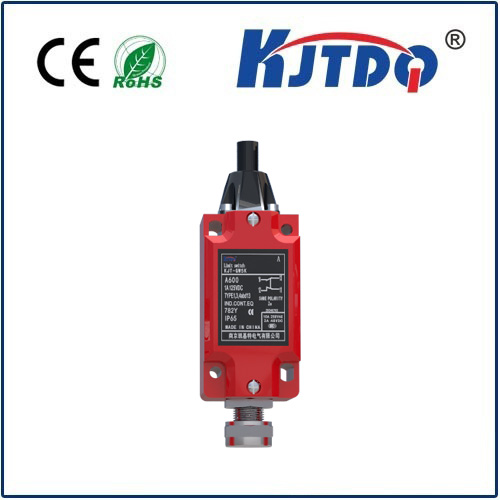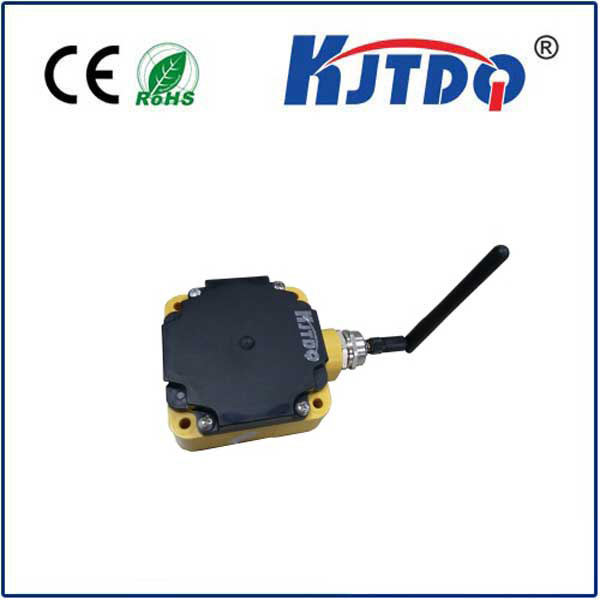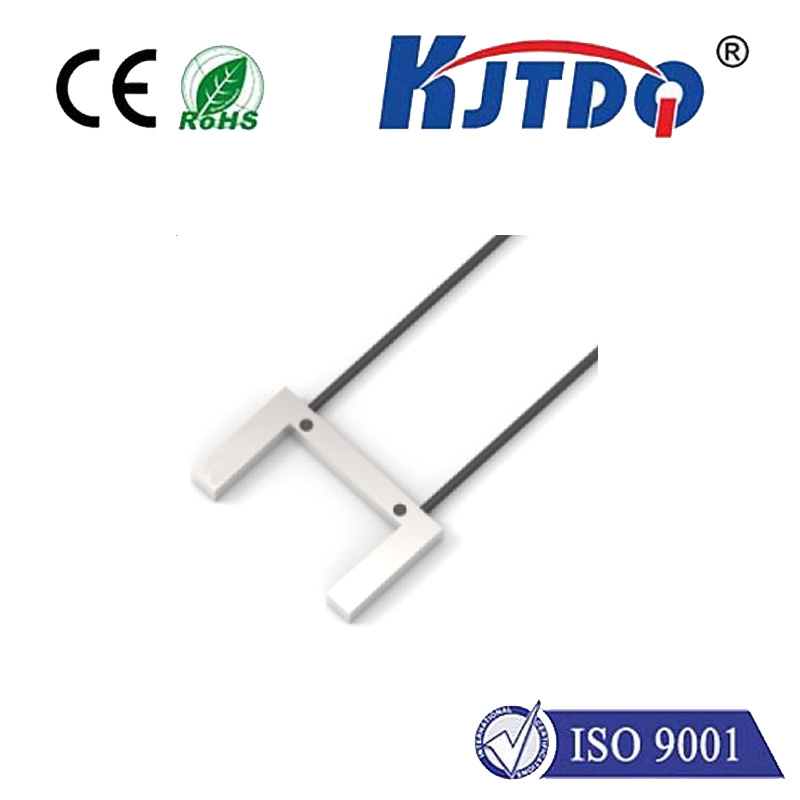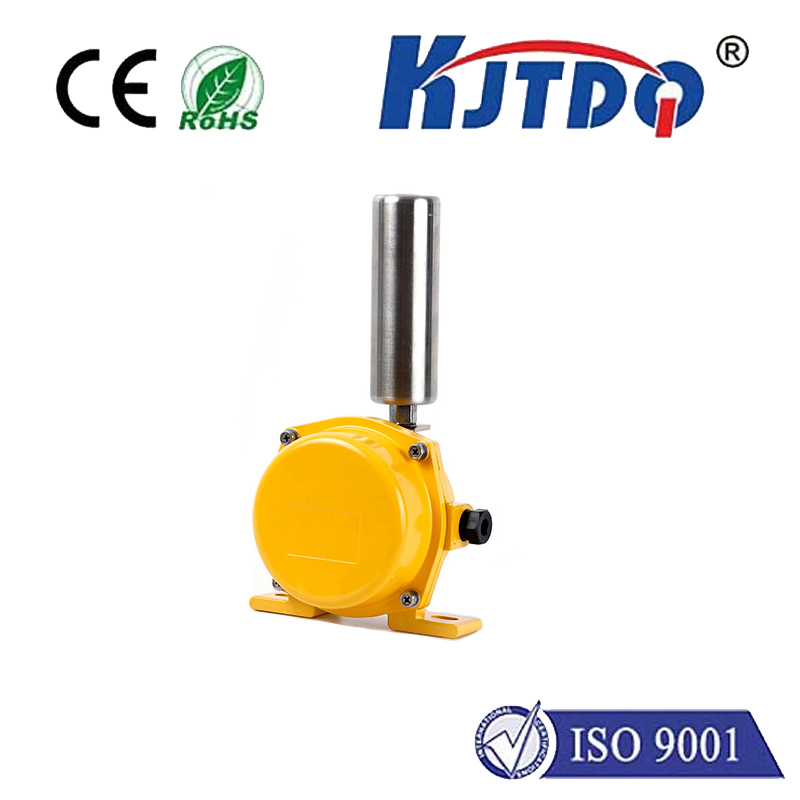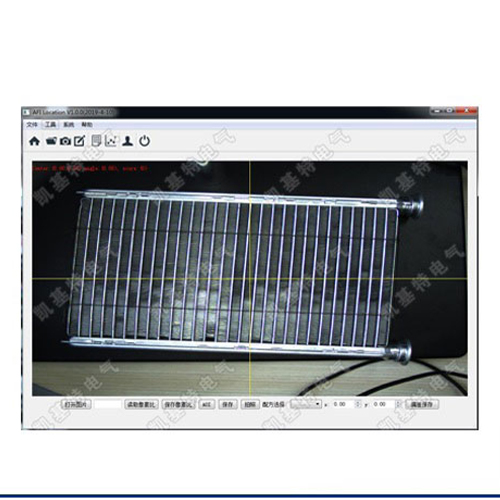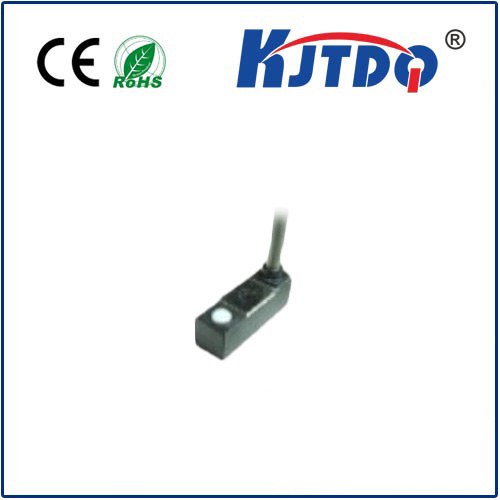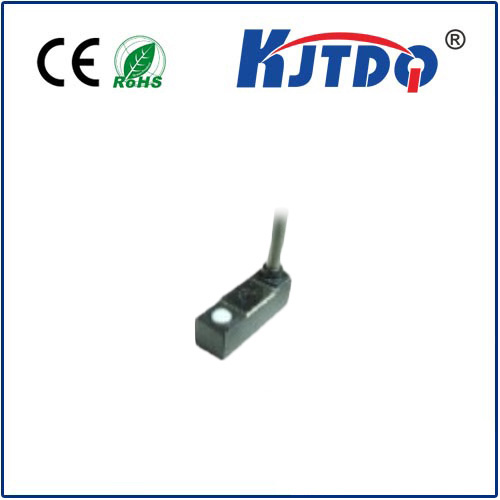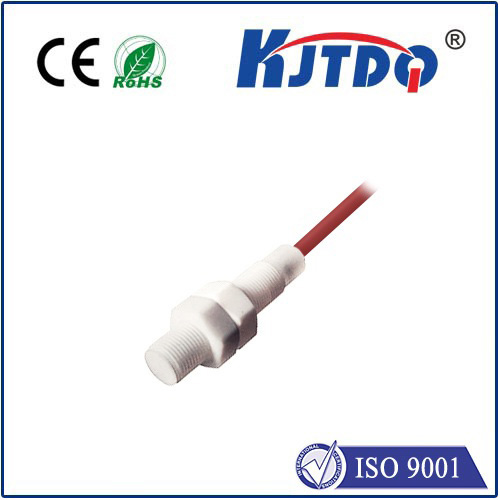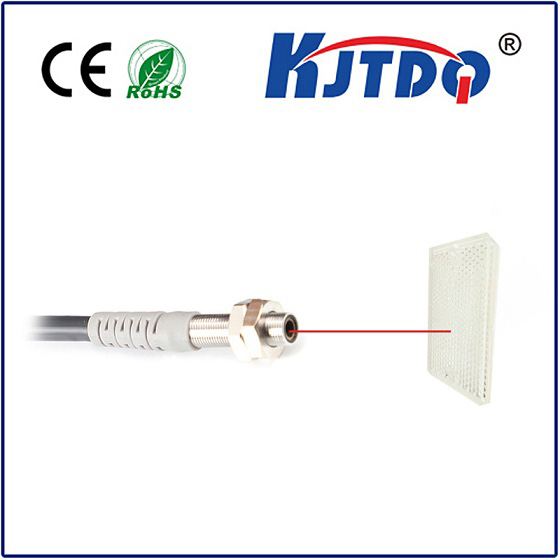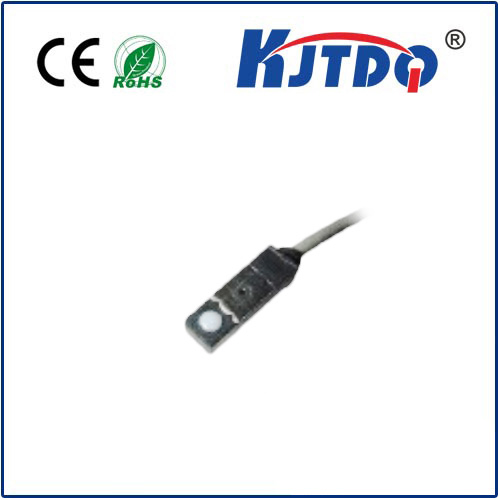
Проверка

Проверка

Проверка

Проверка

Проверка

Проверка
Riegl Ultimate LiDAR: Redefining Precision in 3D Geospatial Innovation The world of geospatial technology is evolving at breakneck speed, and at the heart of this transformation lies LiDAR—a tool that has become synonymous with accuracy, efficiency, and innovation. Among the pioneers driving this revolution, Riegl stands tall with its Ultimate LiDAR systems, redefining what’s possible in 3D data capture. Whether mapping dense forests, monitoring urban infrastructure, or enabling autonomous vehicles, Riegl’s cutting-edge solutions are setting new benchmarks. But what makes Riegl’s LiDAR technology the ultimate choice for professionals worldwide? Let’s dive in.
LiDAR (Light Detection and Ranging) technology works by emitting laser pulses and measuring their return time to create precise 3D models of environments. While this sounds straightforward, the devil is in the details—and Riegl has mastered those details. Their Ultimate LiDAR systems integrate waveform processing, multiple-time-around (MTA) algorithms, and high repetition rates to achieve unparalleled data density and accuracy. For instance, Riegl’s VUX®-series sensors can capture millions of points per second, even in challenging conditions like dense vegetation or low-light environments. This capability isn’t just about speed; it’s about delivering actionable insights for industries ranging from forestry to disaster management.
The LiDAR market is flooded with options, but Riegl’s dominance hinges on three pillars: precision, adaptability, and reliability.
Precision Meets Innovation Traditional LiDAR systems often struggle with “noise” in complex terrains. Riegl’s Ultimate LiDAR tackles this through full-waveform analysis, which processes every photon’s return signal. This allows the system to distinguish between overlapping echoes—like separating tree branches from power lines—with sub-centimeter accuracy.

Adaptability Across Applications From airborne surveys to mobile mapping units, Riegl’s technology is modular. Their RIEGL VMQ-1HA mobile mapping system, for example, combines LiDAR with high-resolution cameras and GNSS/IMU integration, making it ideal for road infrastructure projects. Meanwhile, the RIEGL VZ-6000 terrestrial scanner excels in mining and archaeology, proving that one size does not fit all—unless it’s engineered by Riegl.
Reliability in Extreme Conditions LiDAR sensors often face harsh environments, whether it’s the heat of a desert or the humidity of a rainforest. Riegl’s ruggedized designs, such as the RIEGL LMS-Q1560, are built to withstand these challenges while maintaining calibration. This reliability reduces downtime and ensures consistent data quality—a non-negotiable for critical projects.
The true test of any technology lies in its real-world impact. Here’s how Riegl is shaping industries:
Environmental Conservation: In the Amazon rainforest, researchers use Riegl’s airborne LiDAR to map carbon stocks and monitor deforestation. The system’s ability to penetrate dense canopies provides actionable data for policymakers.
Urban Planning: Cities like Singapore leverage Riegl’s mobile mapping solutions to create digital twins of infrastructure. These models help optimize traffic flow, detect structural weaknesses, and plan smart cities.
Autonomous Vehicles: Riegl’s compact VUX®-1UAV sensor is a favorite among drone manufacturers. Its lightweight design and high-resolution output enable precise obstacle detection, a cornerstone of safe autonomous navigation.
As industries demand faster, more detailed data, Riegl continues to innovate. Their recent focus on AI-powered data processing and real-time analytics hints at a future where LiDAR isn’t just a mapping tool but a decision-making ally. For example, integrating machine learning with LiDAR datasets could revolutionize flood prediction or wildfire management. Moreover, Riegl’s commitment to sustainability aligns with global trends. Their energy-efficient sensors and recyclable components appeal to eco-conscious clients, proving that cutting-edge tech and environmental stewardship can coexist.
While this article avoids a formal conclusion, the message is clear: Riegl Ultimate LiDAR isn’t just a product—it’s a paradigm shift. By blending scientific rigor with practical adaptability, Riegl ensures its technology remains indispensable in an era defined by data-driven decisions. As industries evolve, one thing is certain: wherever precision matters, Riegl’s LiDAR will light the way.
